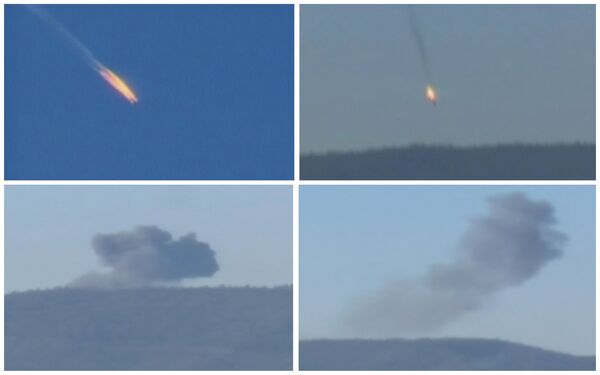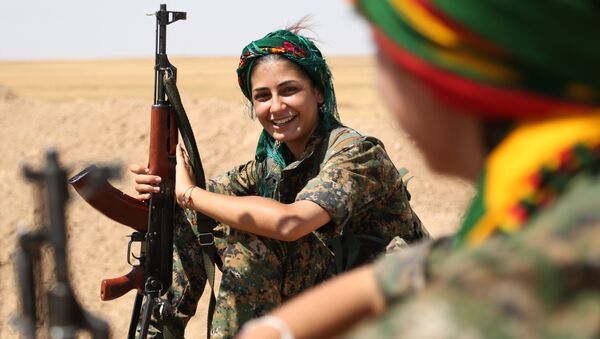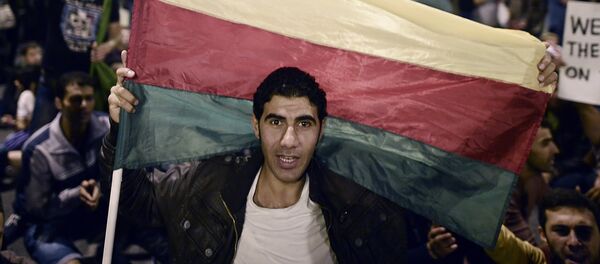The senior lecturer at the University of London maintains that Turkey will "launch a lot of complaints towards Russia [in the coming months] just to … show that they will not submit to [those] Russian policies" in the Middle East which they object to.
Indeed, Ankara is discontent that Moscow is backing the Damascus government and helping the Syrian Arab Army in its counterterrorism efforts, raising questions as to what Turkey's true intentions are when it comes to fighting Daesh.
Russia is "seen to be on the Kurdish side and this makes Ankara much more nervous because they see the Kurds as a threat to their territorial integrity," McCauley noted. "Turkey is in a pretty nervous state. President Erdogan is in a pretty nervous state. The Turkish economy is not doing very well."
This is the reason why Russia's relations with Turkey are in "a state of deep freeze," the analyst added.
"Turkey does not really believe what the Russians say and Russia does not really believe what Turkey says. And there is really no dialogue between the two of them. Therefore what one side regards as a slightest violation is than taken as a provocation," McCauley observed. "If relations between Moscow and Ankara were good, something like this would be sorted out very quickly."
On Saturday, Ankara accused a Russian Su-34 fighter jet of violating Turkish airspace. Later that day, the Russian Ministry of Defense released a statement providing a detailed explanation of why Ankara's allegations are unfounded.

In November, a Turkish fighter jet shot down a Russian Su-24 bomber out of the Syrian skies, citing unconfirmed airspace violations. Russian military officials and the pilot said that the violation did not take place since the aircraft never crossed into Turkey.



